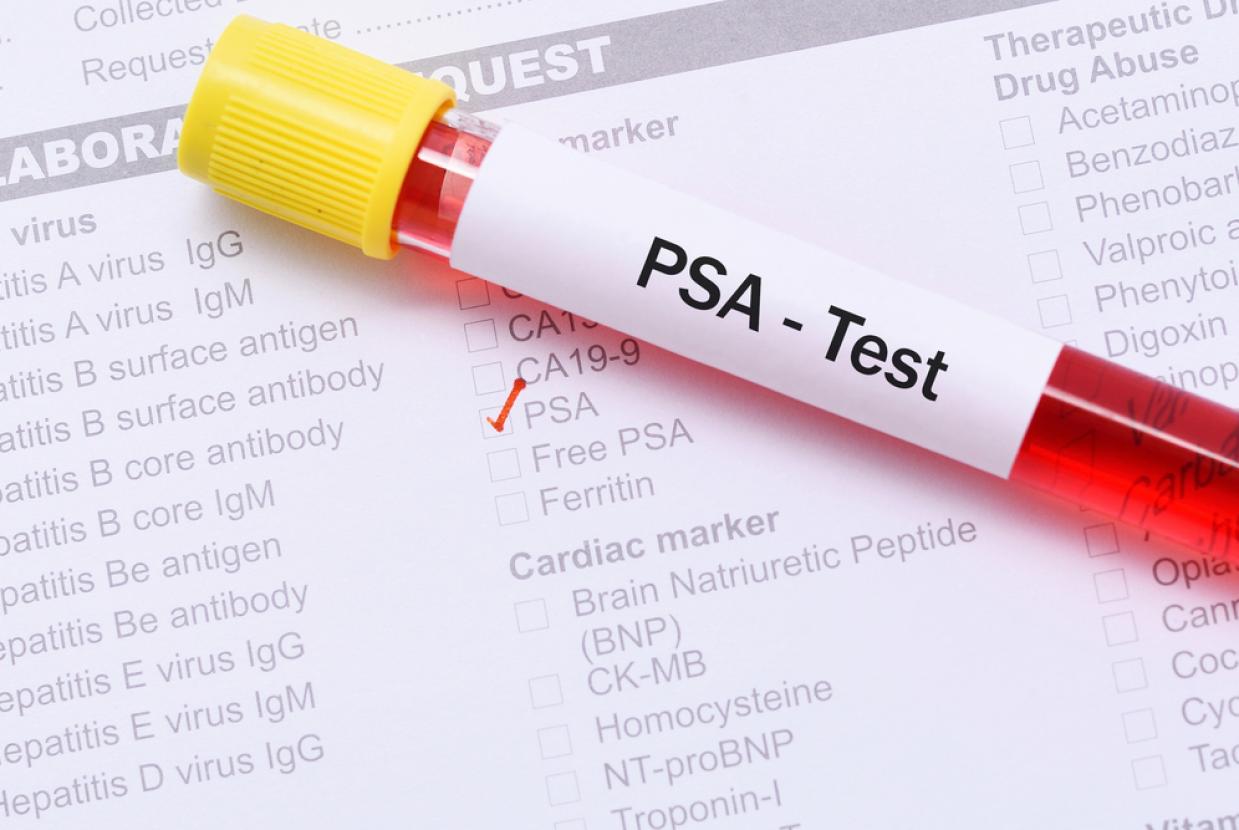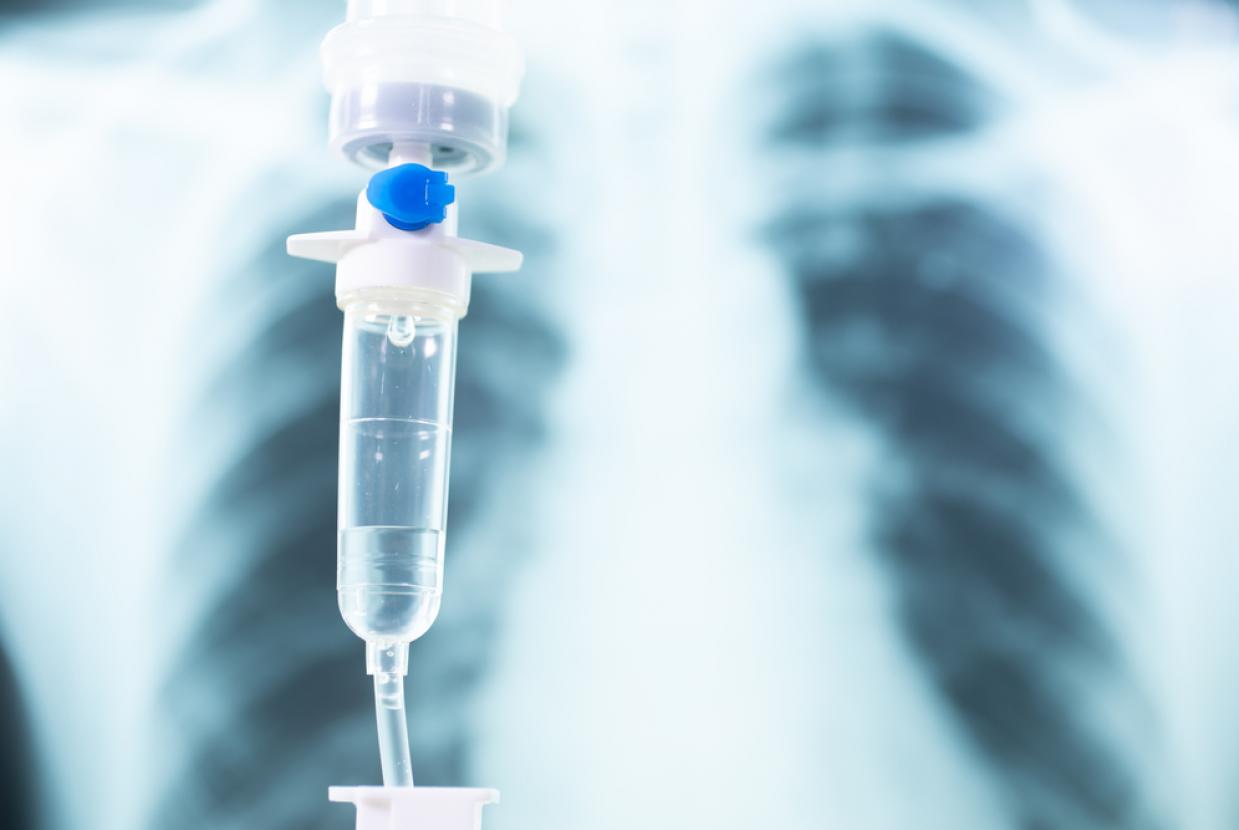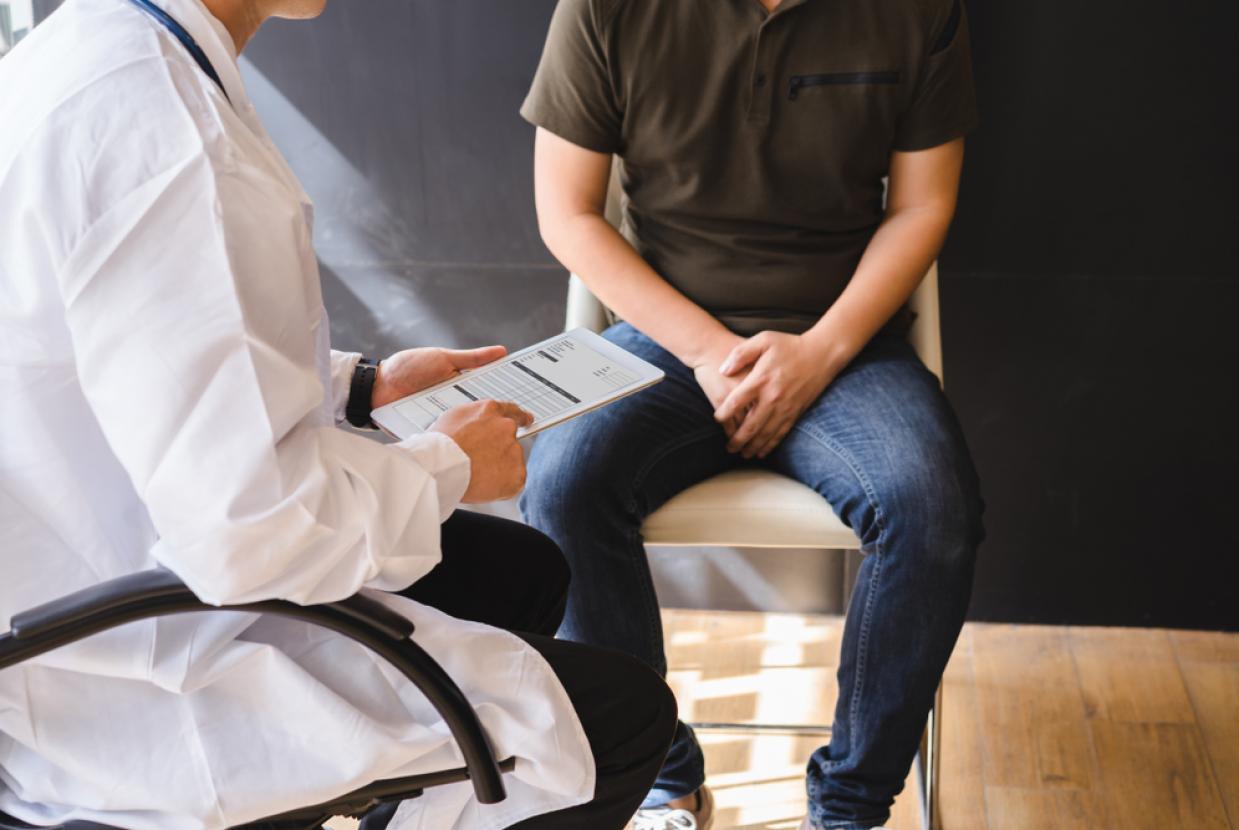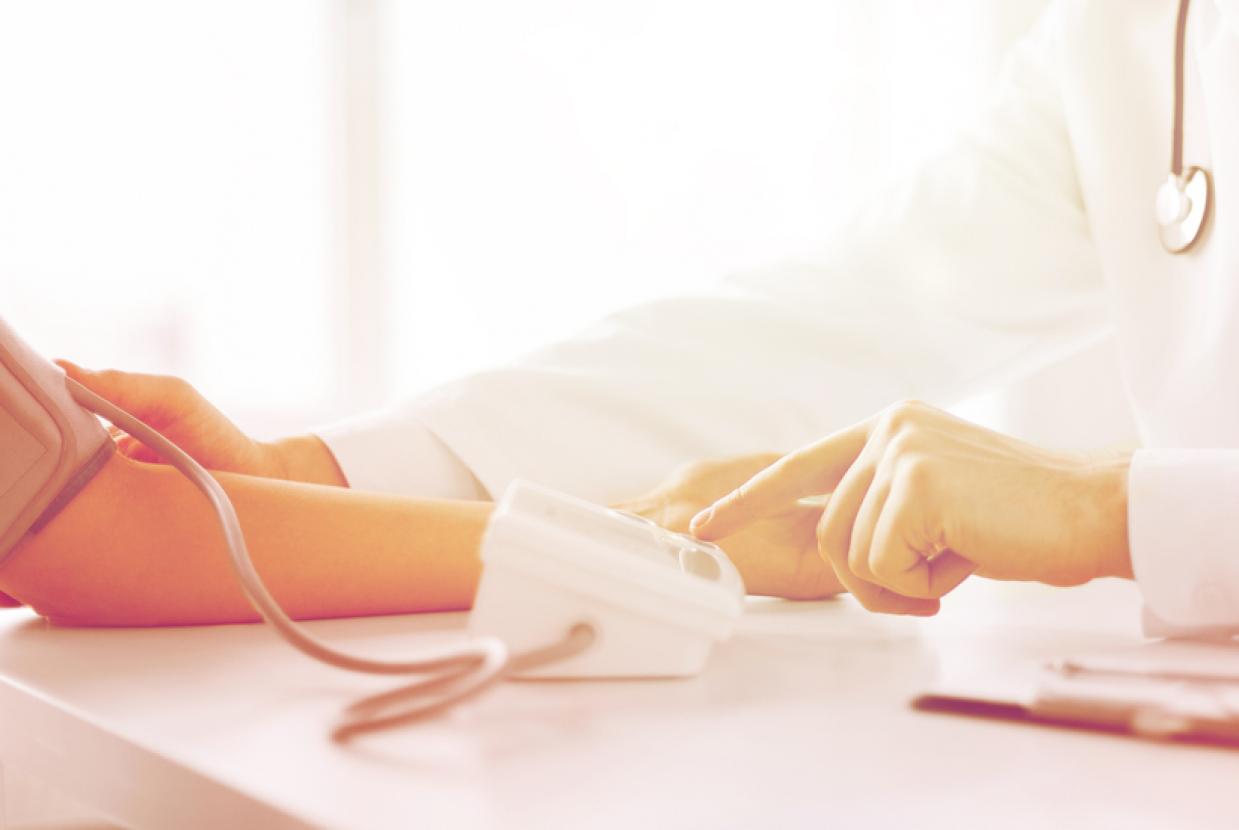After Treatment
Follow-up
You will have regular check-ups at the hospital after treatment finishes. Your doctor will examine you and check your remaining testicle. These may be every month to begin with. But how often you go to the hospital will depend on the type and stage of testicular cancer.
You may have regular tumour marker tests. Other tests may include:
- regular chest x-rays
- occasionally CT or ultrasound scans.
It is important to go to these appointments. If you cannot go to an appointment, make another one straight away.
Having to attend follow-up appointments can feel stressful. Your healthcare team can help you to cope with any problems you might have after treatment and help you find support. This can make you feel more confident and give you back a feeling of control.
If you have new symptoms between your appointments, contact your hospital doctor, nurse or GP. It is important that you check your remaining testicle every month. It is rare to develop a new cancer in the other testicle, but having already had testicular cancer increases the risk of this happening.
Well being and recovery
Recovering from cancer and its treatment can take time. You may still have side effects, such as tiredness, and be coping with the emotional effects for a while after treatment. In time, you may find you slowly start to focus more on the day-to-day things you did before your diagnosis. Going back to work and getting back to your usual interests can be positive steps.
You may choose to make some positive lifestyle changes after treatment, even if you already have a healthy lifestyle. Changes to the way you live can improve your health and well-being and help your body recover. They may also help to reduce the risk of late effects. These include not smoking, keeping physically active and having a well-balanced diet.
Complementary therapies can help you feel better, reduce stress and anxiety, and improve some treatment side effects.
Your feelings
Everyone has their own way of dealing with illness and the different emotions they experience. There are lots of different ways to communicate and these can help you feel less alone. They include support groups and online support. You may find it helpful to talk things over with family and friends or your doctor or nurse.
Macmillan is also here to support you. If you would like to talk, you can:
- Call the Macmillan Support Line on 0808 808 00 00.
- Chat to our specialists online.
- Visit our testicular cancer forum to talk with people who have been affected by testicular cancer, share your experience, and ask an expert your questions.


























































